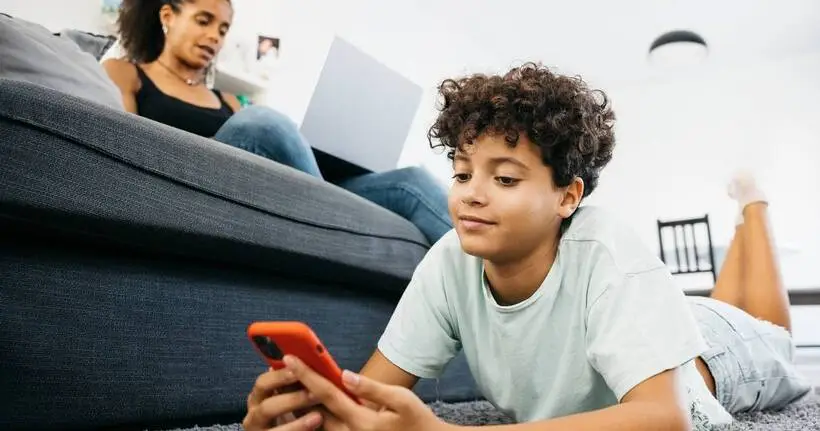The survey of 1,000 families reveals increasing parental worries that time spent on devices is taking over family life and is damaging children’s physical health, sleep, and concentration. However, the research also shows that overall children’s digital wellbeing has improved over the last year.
The report is the third annual Internet Matters Index tracking the impact of digital technology on children’s physical, social, emotional, and developmental wellbeing. It highlights both the positive impact of the internet and tech devices on children and families as well as areas of concern.
The survey reveals how digital consumption is rising, with the average time children spend online on some activities increasing. Parents are also increasingly noticing how technology is diverting attention from family time towards devices. On a 0-10 scale, 31% selected scores of between 8 and 10 on the statement ‘we often find ourselves spending time on our own devices rather than doing things together’, rising from 20% in 2022. The jump, in percentage point terms, represents one of the most notable shifts over the last year.
This trend raises important questions about the balance of screen time, particularly within the family setting and to what extent some parents are setting a positive example to their children when it comes to screen time.
The survey also suggests parents are increasingly noticing the physical impact on their children of them spending time online. Well over half of parents (63%) say they believe time online negatively impacts their children’s health, up from 58% in the 2022 survey. Concerns about screen time affecting sleep have risen to 57%. Almost a quarter of children also say they are experiencing negative physical effects from their online activities, ranging from fatigue and concentration difficulties to vision problems and poor posture.
Although children themselves say they are feeling safer online – 81% say they feel safe online most of the time – the survey highlights how many parents are becoming increasingly anxious about their children being online, particularly around strangers contacting their children and exposure to sexual content and nudity.
Two-thirds of children (67%) continue to report experiences online that are harmful. Girls are significantly more likely to experience many of the harms of being online. Nearly half of 15-to-16-year-old girls say that strangers have tried to message or contact them, up from 3 in 10 in 2022, while 13–14-year-old girls are more likely to say that being online makes them feel lonely and isolated. This builds on findings from Internet Matters research published in 2023, which showed how sexist influencers and communities are creating a hostile environment for girls and women online.






